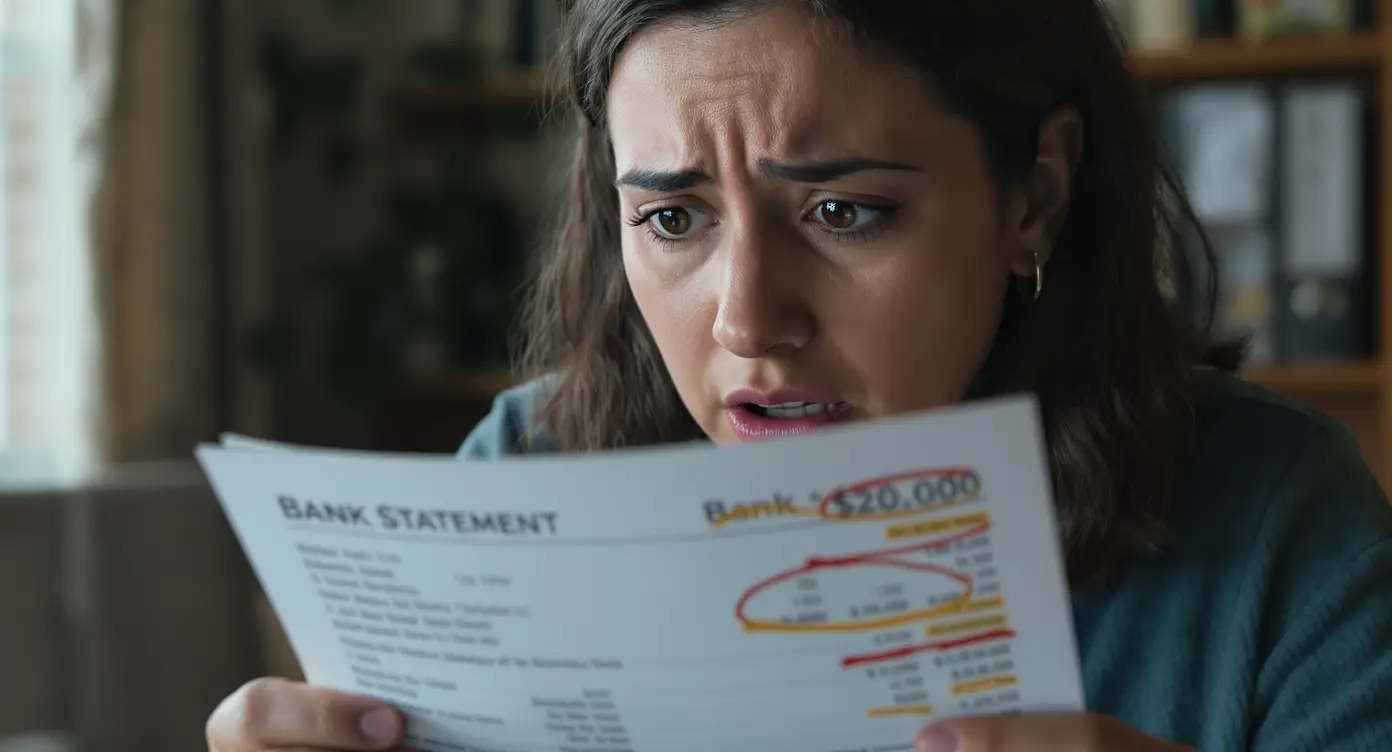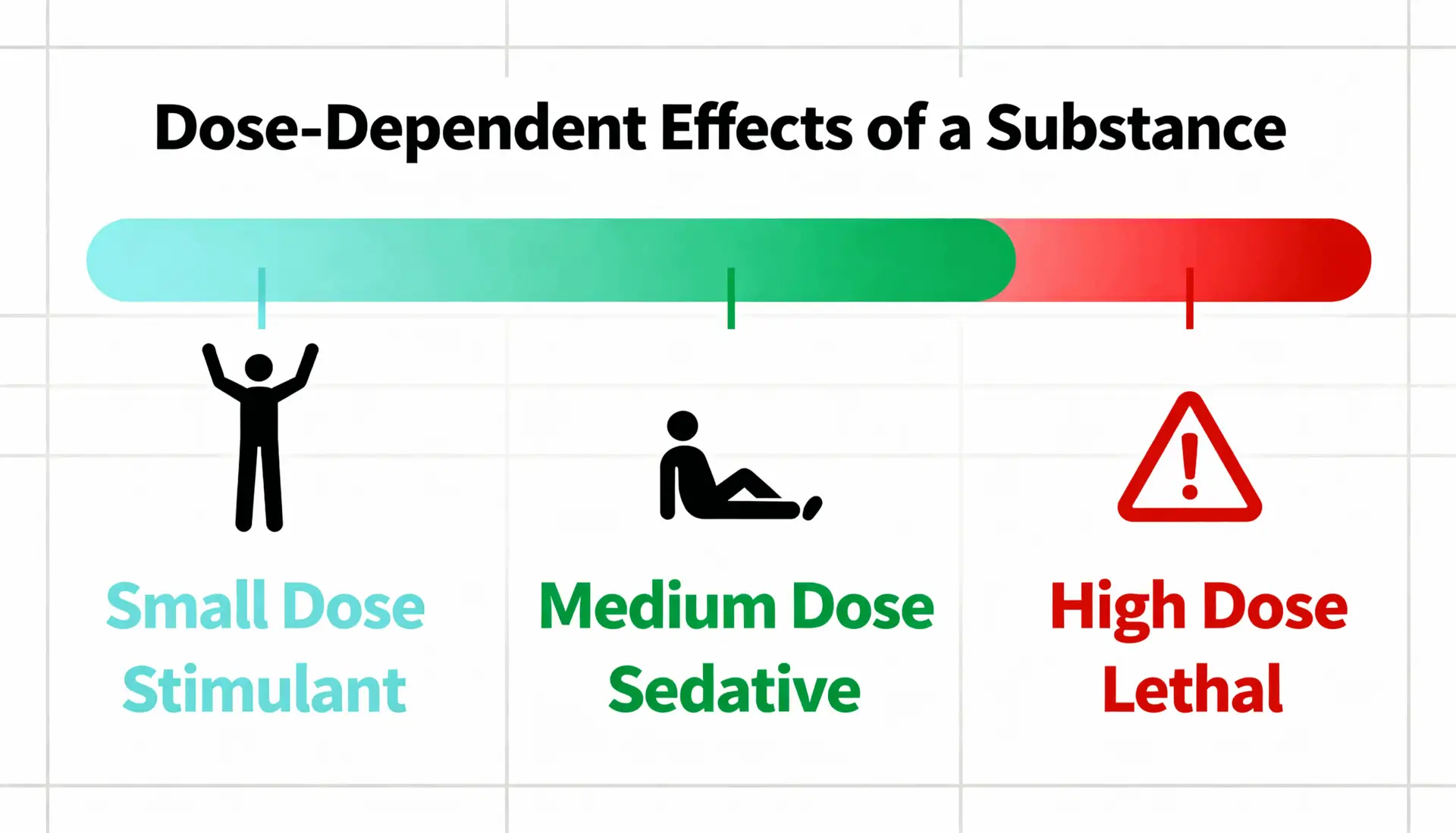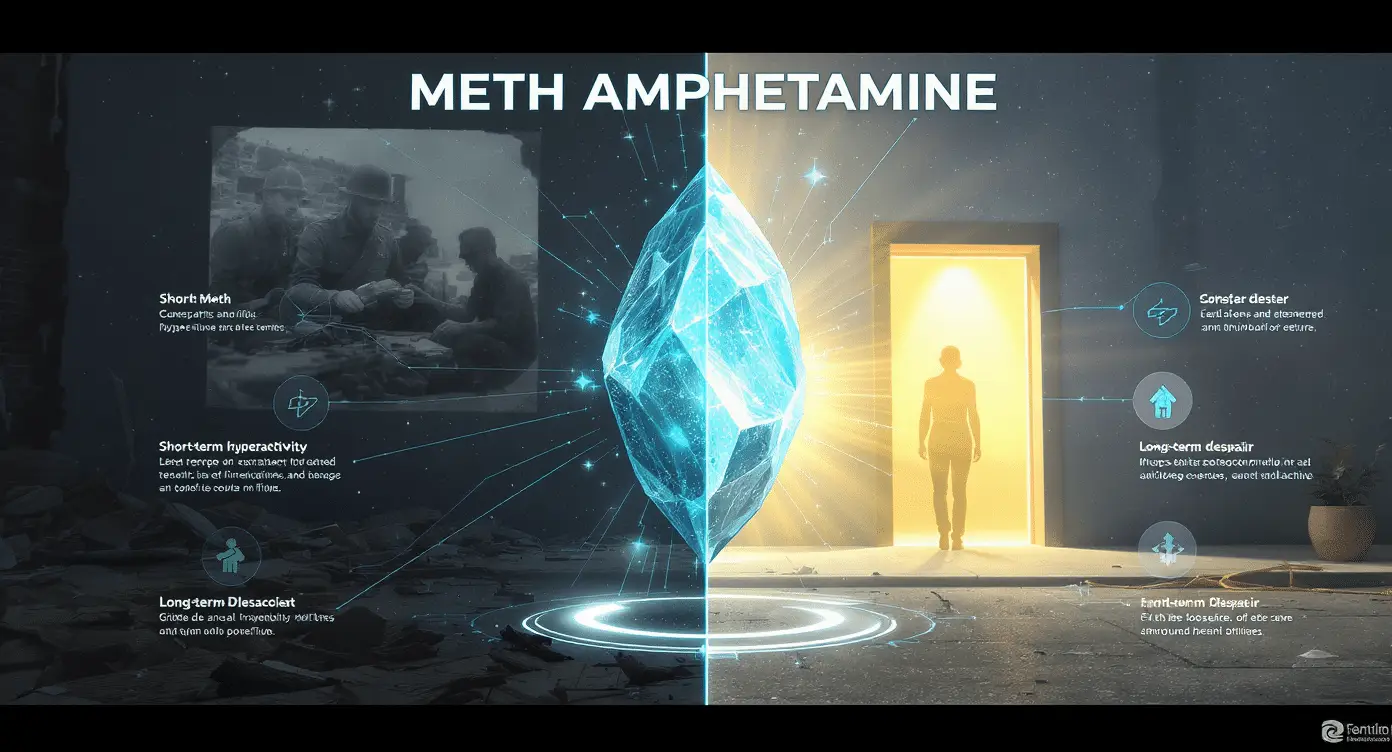Boundaries are not walls—they’re doors with locks.
When someone you care about struggles with addiction, setting boundaries can feel cold or cruel. But in truth, healthy limits protect both of you. Boundaries create space for trust, responsibility, and recovery to grow.
Step 1: Define What You Will—and Won’t—Accept
Start by making a list. You might say:
- “I will not give you money.”
- “You cannot use substances in this home.”
- “If you disappear, I will contact a professional, not cover for you.”
Boundaries are personal. Define yours based on your values and safety.
Step 2: Communicate Your Boundaries Clearly and Calmly
Avoid yelling or emotional ultimatums. Instead:
- Speak when you’re calm
- Use “I” statements: “I can’t support you if you keep using.”
- Be specific: vague rules get ignored
- Put it in writing if needed
Clear communication avoids future confusion and guilt-tripping.
Step 3: Expect Pushback—and Stay Firm
Addiction resists accountability. Your loved one may:
- Get angry
- Accuse you of not loving them
- Try to guilt or manipulate you
- Promise to change without action
Stay calm. Reaffirm your limits without engaging in emotional drama.
Step 4: Enforce Boundaries Consistently
A boundary not enforced is just a wish. Follow through by:
- Ending phone calls if rules are broken
- Refusing access to money or housing
- Involving support professionals if needed
Consistency builds respect—and makes your help more effective.
Step 5: Show Love While Holding the Line
You can be kind and firm at the same time. For example:
- “I love you. That’s why I’m doing this.”
- “I’ll support your recovery—not your addiction.”
- “When you’re ready for help, I’ll be here.”
👉 Real families have found peace through strong boundaries. See their experiences in our Narconon Europe Success Stories
❓ Frequently Asked Questions: Setting Boundaries with an Addict
Won’t setting boundaries push them away?
No. Addiction already pushes them away. Boundaries can actually bring them back by creating clarity and safety.
Is it okay to cut someone off completely?
If the situation is unsafe or toxic, yes. You can still love someone from a distance.
What if they say I’m being controlling?
You’re not controlling their life—you’re protecting yours. Clear boundaries are not control; they’re self-respect.
How do I stop feeling guilty?
Guilt is common—but misplaced. You’re not hurting them by saying “no.” You’re helping them face reality.
Can boundaries save the relationship?
Yes. Healthy boundaries allow relationships to heal instead of enabling a cycle of damage.



